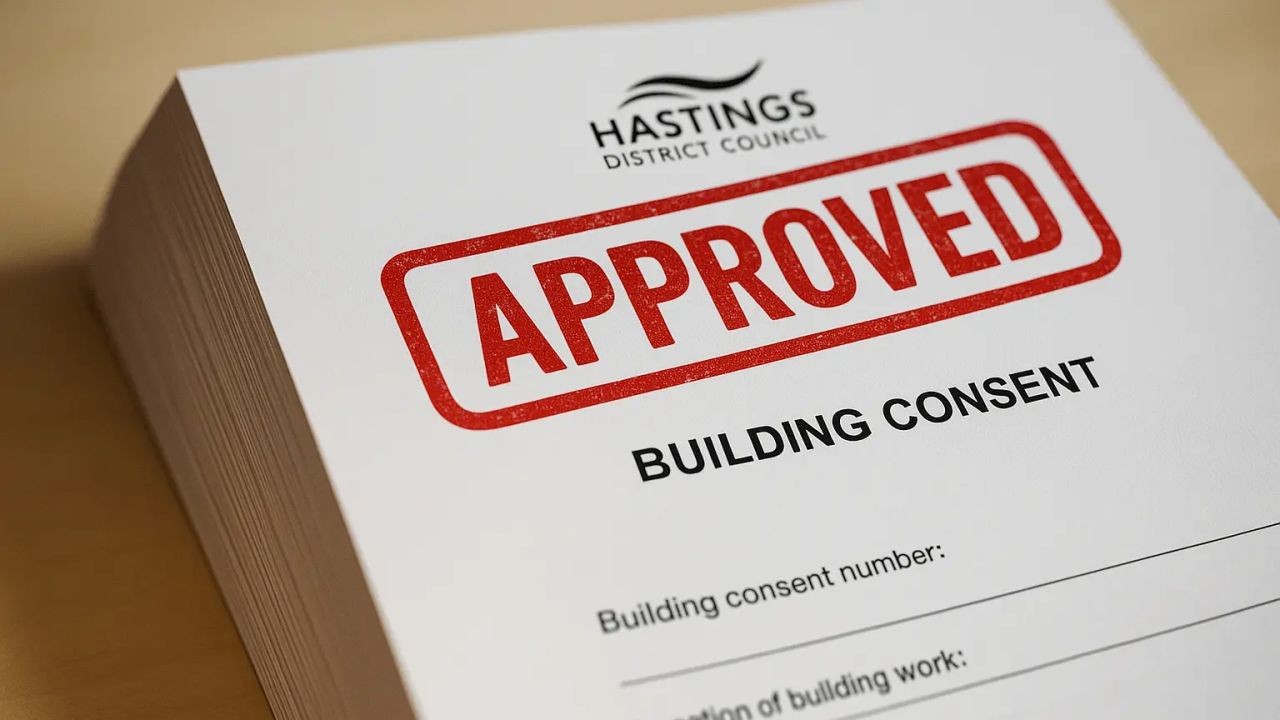Australia's luxury real estate market has long been a magnet for foreign investors, attracting billions in international capital each year. However, ongoing debates about the economic and social impact of foreign ownership in this sector have prompted discussions about potential regulatory changes. Should Australia ban foreign investors from buying luxury real estate? This article delves into the complexities of this question through expert analysis, data-backed insights, and the perspectives of industry stakeholders.
Understanding the Current Landscape
The Australian real estate market, particularly the luxury segment, has seen significant growth over the past decade. According to CoreLogic, property prices in Sydney and Melbourne's high-end markets have outpaced other sectors, with a 12% increase in 2024 alone. This growth has been fueled partly by foreign investment, with Chinese investors historically making up a significant portion of buyers, according to the Australian Bureau of Statistics (ABS).
Case Study: The Impact of Foreign Investment on Australian Luxury Real Estate
Consider the case of a high-profile Sydney suburb, where foreign buyers accounted for nearly 30% of luxury home sales in 2023. This influx of international capital has driven up property values, leading to concerns about affordability for local buyers. However, the increased competition has also prompted developers to invest in improving infrastructure and amenities, thereby enhancing the overall appeal of these areas.
Arguments for Banning Foreign Investors
Pros:
- Affordability for Locals: Proponents argue that restricting foreign investments could stabilize or even reduce luxury property prices, making them more accessible to Australian buyers.
- Economic Independence: A ban could encourage domestic investment, ensuring that more capital circulates within the local economy.
- Market Stability: Reducing foreign ownership may lead to a more stable and predictable real estate market, less susceptible to global economic fluctuations.
Cons:
- Impact on Market Value: Critics warn that banning foreign investors could lead to a decrease in property values, affecting homeowners' equity and potentially leading to a market downturn.
- Economic Contribution: Foreign investments contribute significantly to the Australian economy, including job creation in construction and related industries.
- International Relations: Restricting foreign investment could strain diplomatic and trade relations with countries that are significant investors in the Australian market.
Global Perspectives: Lessons from New Zealand
New Zealand implemented a ban on foreign buyers in 2018, aiming to curb soaring property prices. While this policy led to an initial slowdown in the luxury market, recent reports from the New Zealand Treasury indicate that housing affordability for locals has not improved as much as anticipated. This example serves as a cautionary tale for Australia, highlighting the complexities of implementing such a ban and its potential unintended consequences.
Regulatory Insights and Economic Implications
The Australian Competition & Consumer Commission (ACCC) and the Australian Prudential Regulation Authority (APRA) have emphasized the importance of balancing foreign investment with local interests. While regulatory measures, such as higher taxes on foreign buyers, are already in place, a complete ban could lead to significant economic repercussions. According to the Reserve Bank of Australia (RBA), foreign investment plays a crucial role in maintaining liquidity in the real estate market, which in turn supports broader economic stability.
Financial Impact Metrics
Data from Treasury AU reveals that foreign investments in luxury real estate contribute approximately AUD 7 billion annually to the Australian economy. This investment not only boosts property values but also supports a range of industries, from construction to hospitality, highlighting the intricate connections between foreign capital and economic vitality.
Common Myths and Mistakes
Myth vs. Reality
- Myth: "Banning foreign investors will instantly lower property prices." Reality: Historical data suggests that such measures may not lead to immediate or significant price reductions.
- Myth: "Foreign investors do not contribute to the local economy." Reality: Foreign capital has a multiplier effect, supporting various sectors and creating jobs.
Future Trends and Predictions
Looking ahead, Australia's luxury real estate market is poised for continued evolution. As global economic conditions shift, the role of foreign investment will remain a critical factor. According to a recent report by Deloitte, the demand for luxury properties in Australia is expected to grow by 15% over the next five years, driven by both domestic and international buyers.
Conclusion
In conclusion, the question of whether Australia should ban foreign investors from buying luxury real estate is complex, with far-reaching implications for the economy and society. While there are valid concerns about affordability and market stability, the benefits of foreign investment, including economic growth and job creation, cannot be overlooked. Policymakers must weigh these factors carefully, considering both local interests and the broader economic landscape. What are your thoughts on this issue? Join the discussion and share your insights.
People Also Ask (FAQ)
- How does foreign investment impact Australia's luxury real estate market? Foreign investment increases demand, driving up property prices and boosting economic activity in related sectors.
- What are the biggest misconceptions about foreign buyers in Australian real estate? A common myth is that foreign buyers do not contribute economically, whereas they actually support multiple industries.
- What strategies could Australia adopt to balance foreign investment and local affordability? Implementing targeted taxes and encouraging domestic investment can help balance these interests.
Related Search Queries
- Australia foreign investment real estate
- Luxury property market trends Australia
- Impact of foreign buyers on Australian housing
- Real estate investment policies Australia
- Foreign ownership in Australian property market































